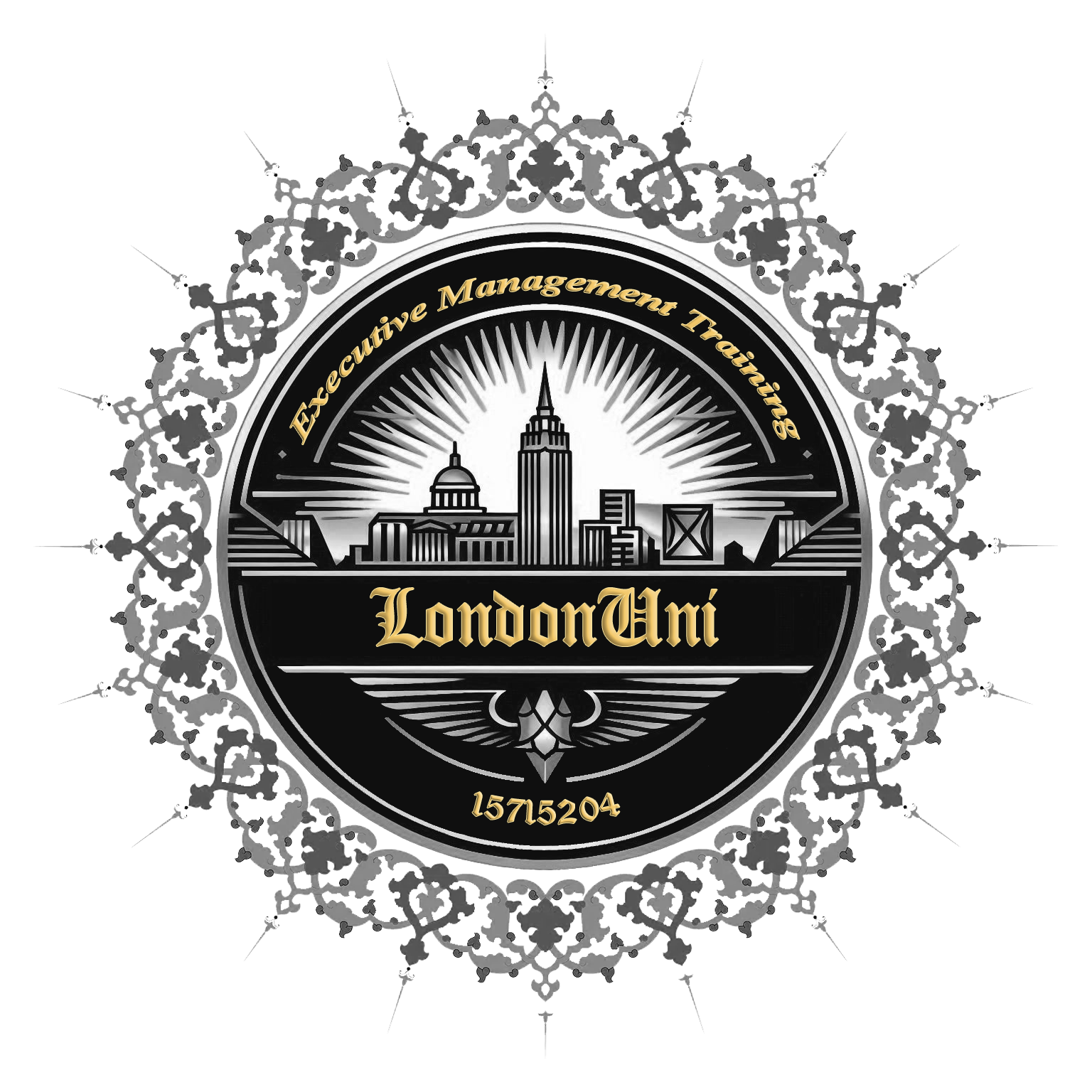
The Voice of Leadership - How Leaders Inspire, Influence and Achieve Results
Course ID: 2510125701324EGI
Course Dates : 12/10/25 Course Duration : 5 Studying Day/s Course Location: Bahrain, Bahrain
Language: Bilingual
Course Category: Professional and CPD Training Programs
Course Subcategories: Leadership and Management Excellence
Course Certified By: * Projacs Academy
* Professional Training and CPD Programs
Certification Will Be Issued From :
KSA
Course Fees: £2,940.22
Vat Not Included in the price. VAT may vary depending on the country where the course or workshop is held.
Click to Pay
Date has passed please contact us Sales@e-s-hub.com
Course Information
Introduction
Leadership is not merely about holding a position of authority; it is the art and science of inspiring others to achieve shared goals while fostering an environment of trust, innovation, and accountability. In the dynamic landscape of modern organizations, the ability to lead effectively has become a cornerstone of success. Whether navigating complex challenges, driving cultural transformation, or achieving measurable results, leaders must harness the power of their voice—both literal and metaphorical—to influence and inspire. This course delves into the multifaceted dimensions of leadership communication, equipping participants with tools to articulate vision, build consensus, and galvanize teams.
One of the most pressing challenges in contemporary leadership lies in bridging the gap between strategy and execution. Many leaders excel at crafting ambitious plans but struggle to translate them into actionable steps that resonate with their teams. Research by Kouzes and Posner (2017) highlights that clarity of communication is a critical determinant of leadership effectiveness, yet many professionals lack formal training in this area. By addressing these gaps, this course empowers leaders to communicate with precision, authenticity, and impact, ensuring alignment across all levels of the organization.
The importance of mastering leadership communication extends beyond individual growth—it has profound implications for organizational success. Studies indicate that companies with strong leadership cultures consistently outperform their peers in terms of revenue growth, employee engagement, and customer satisfaction. For instance, Satya Nadella’s transformation of Microsoft serves as a compelling case study. His emphasis on empathetic leadership and clear articulation of purpose revitalized the company’s culture and market position. Participants will explore similar real-world examples to understand how effective communication can catalyze change and drive performance.
Drawing on established frameworks such as Transformational Leadership Theory and Emotional Intelligence (EI), this course provides a robust foundation for understanding the psychological and interpersonal dynamics of leadership. Participants will learn how to leverage EI competencies—such as self-awareness, empathy, and relationship management—to enhance their ability to connect with diverse stakeholders. Additionally, insights from neuroleadership will illuminate how leaders can align their messaging with cognitive biases and decision-making processes to maximize persuasion.
Practical applications of the course material are evident in scenarios ranging from crisis management to team development. Consider the example of Jacinda Ardern, New Zealand’s former Prime Minister, whose empathetic and decisive communication during the Christchurch mosque shootings earned global acclaim. Her ability to convey strength and compassion simultaneously underscores the transformative power of authentic leadership communication. Through interactive exercises and role-playing activities, participants will practice applying these principles to real-life situations, enhancing their adaptability and confidence.
Ultimately, this course is designed to equip leaders with the skills needed to navigate uncertainty, foster collaboration, and achieve sustainable results. By blending theory with practice, it offers a comprehensive roadmap for developing a leadership style that is both impactful and inclusive. As participants embark on this journey, they will gain not only technical expertise but also a deeper appreciation for the human element of leadership—a quality that sets exceptional leaders apart.
Objectives
By attending this course, participants will be able to:
Analyze the core principles of effective leadership communication and their relevance to organizational success.
Evaluate personal leadership styles using frameworks such as Transformational Leadership Theory and Emotional Intelligence.
Design persuasive messages tailored to diverse audiences, incorporating storytelling techniques and rhetorical strategies.
Implement strategies for fostering trust, resolving conflicts, and promoting inclusivity within teams.
Apply advanced listening and feedback skills to enhance interpersonal relationships and decision-making processes.
Assess the impact of nonverbal cues and vocal delivery on leadership presence and credibility.
Develop a personalized action plan for continuous improvement in leadership communication.
Who Should Attend?
This course is ideal for:
Mid-level managers and senior executives seeking to refine their leadership communication skills.
HR professionals tasked with designing leadership development programs.
Consultants and coaches specializing in organizational behavior and team dynamics.
Educators and trainers interested in enhancing their facilitation and mentoring abilities.
These groups will find the course invaluable because it addresses common pain points such as miscommunication, disengagement, and resistance to change. While the content assumes some prior knowledge of leadership concepts, it is structured to accommodate intermediate learners who wish to deepen their expertise. Beginners may also benefit if they possess foundational experience in managerial roles.
Training Method
• Pre-assessment
• Live group instruction
• Use of real-world examples, case studies and exercises
• Interactive participation and discussion
• Power point presentation, LCD and flip chart
• Group activities and tests
• Each participant receives a 7” Tablet containing a copy of the presentation, slides and handouts
• Post-assessment
Program Support
This program is supported by:
* Interactive discussions
* Role-play
* Case studies and highlight the techniques available to the participants.
Daily Agenda
The course agenda will be as follows:
• Technical Session 08.30-10.00 am
• Coffee Break 10.00-10.15 am
• Technical Session 10.15-12.15 noon
• Coffee Break 12.15-12.45 pm
• Technical Session 12.45-02.30 pm
• Course Ends 02.30 pm
Course Outlines
Foundations of Leadership Communication
Understanding the Role of Communication in Leadership
Exploring Transformational Leadership Theory and Its Applications
Identifying Personal Strengths and Areas for Growth Using Self-Assessment Tools
Building Awareness of Nonverbal Cues and Their Impact on Perception
Day 2:
Emotional Intelligence and Interpersonal Dynamics
Developing Self-Awareness and Self-Regulation Skills
Practicing Empathy and Active Listening Techniques
Managing Emotions During High-Stakes Conversations
Strengthening Relationships Through Constructive Feedback
Day 3:
Crafting Persuasive Messages
Structuring Clear and Compelling Narratives
Leveraging Storytelling to Engage and Motivate Teams
Tailoring Messages to Diverse Audiences and Contexts
Using Rhetorical Devices to Enhance Persuasiveness
Day 4:
Leading Through Challenges
Navigating Difficult Conversations with Confidence
Resolving Conflicts and Building Consensus
Communicating Effectively During Crises
Promoting Diversity, Equity, and Inclusion Through Inclusive Language
Day 5:
Sustaining Leadership Excellence
Enhancing Vocal Delivery and Presentation Skills
Cultivating a Leadership Presence That Inspires Trust
Creating a Personal Development Plan for Ongoing Growth
Reflecting on Key Learnings and Setting Actionable Goals



















































